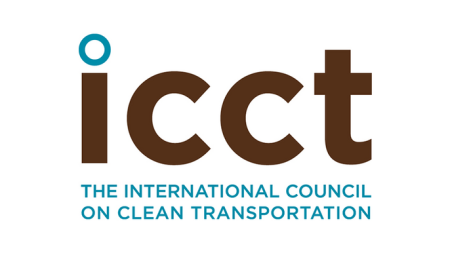
OpeOluwani Akintayo
06 September 2017, Sweetcrude, Lagos — Experts have said the Nigerian government should relinquish control of the Nigerian Petroleum Company, NPC for better management.
According to a report, the ‘Allocation and Acquisition of Shares Under the Petroleum Industry Governance Bill’ by Centre for Petroleum Energy Economics & Law, University of Ibadan, presented by Professor Emeka Duruigbo at the Texas Southern University recently, it was recommended that government should give up control and instead hold minority shares in NPC.
NPC is one of the five companies floated in the proposed Petroleum Governance Industry Bill, PGIB.
According to the bill, NPC will be responsible for the management of all other assets held by NNPC except the Production Sharing Contract and Back-in Right assets currently held by the NNPC (essentially, NPC shall focus on JVs and be an integrated oil and gas company operating as a fully commercial entity across the energy value chain.)
The PGIB stipulates that all assets previously held by the Bureau of Public Enterprises, BPE, will be managed by the NPC and that the divestments of shares by the government to the private sector will gradually increase from 10-30% within 5 years and 40% in 10 years.
However, the report argued that government was not very clear as to whether the reference to the public is limited to Nigeria or whether non-Nigerians can participate in the divestment of the government’s shares in the NPC.
“Government should relinquish control and hold a minority of the shares in the NPC. This will increase faith that the government is committed for the long haul in the privatization of the company”.
According to the report, giving up control of NPC will increase prospects of proper management, “as we’ve seen in NLNG where NNPC holds a minority 49% stake”.
The report also said comparing Nigeria and Brazil or Norway is not helpful in arguing for the retention of control.
“Besides recent Petrobras corruption allegations puncture hole in the argument for control”.
It then recommended that government should retain 40% of the shares in the NPC and transfer the other 20% to a Trust that will hold the shares on behalf of oil-producing communities.
“While this level of shareholding may potentially allow government to exercise control, it is not automatic, as bloc voting would have to work well”.
Ownership by host communities will bring a sense of belonging, minimize or eliminate agitations and increase managerial accountability in the NPC. It may even dispense with the need for a Host Community Bill, the report argued.



